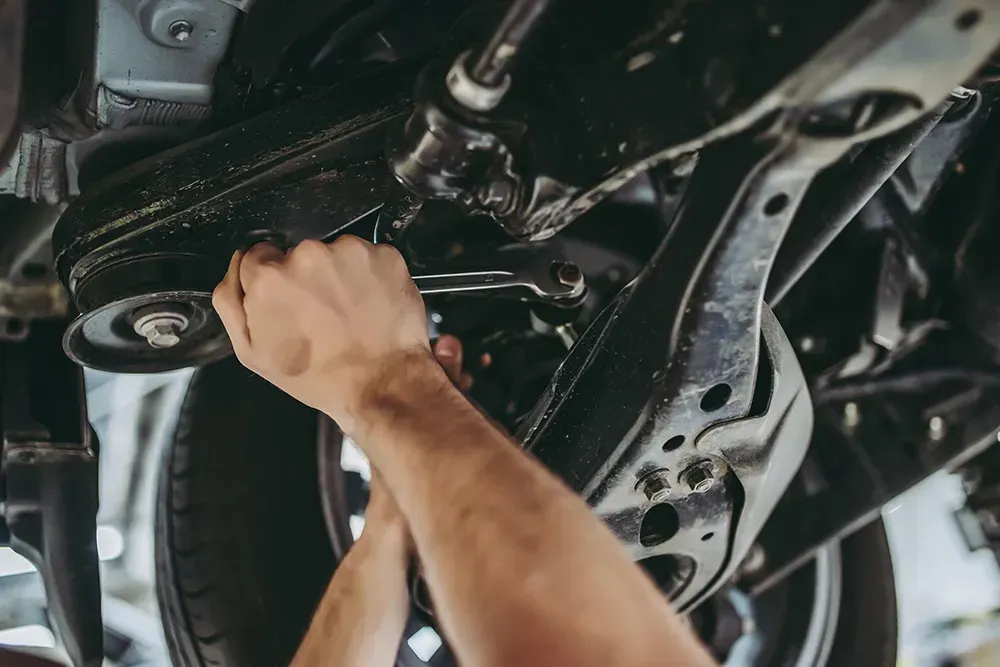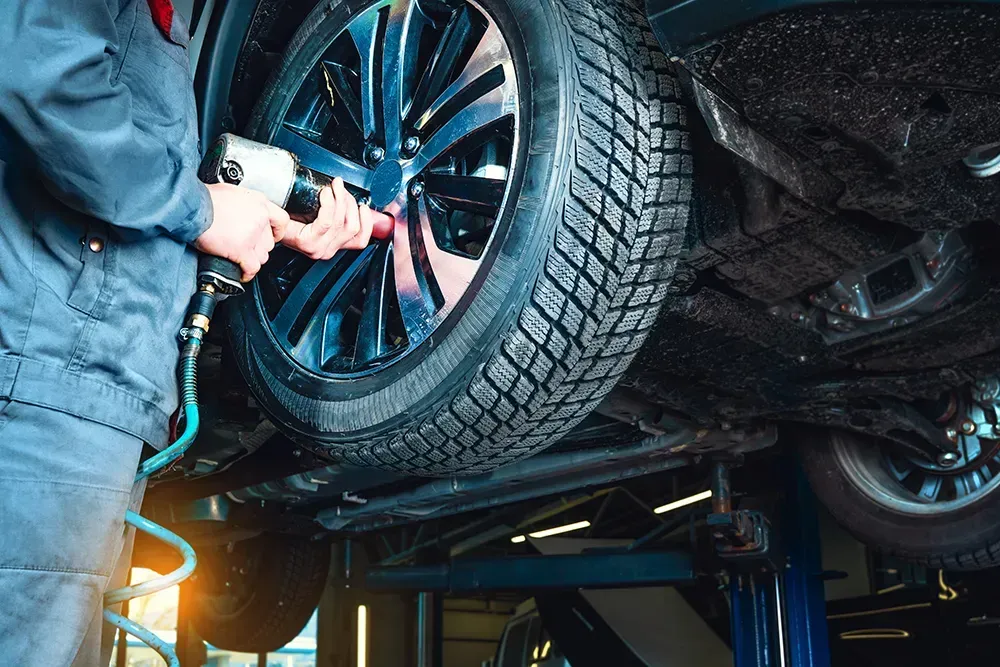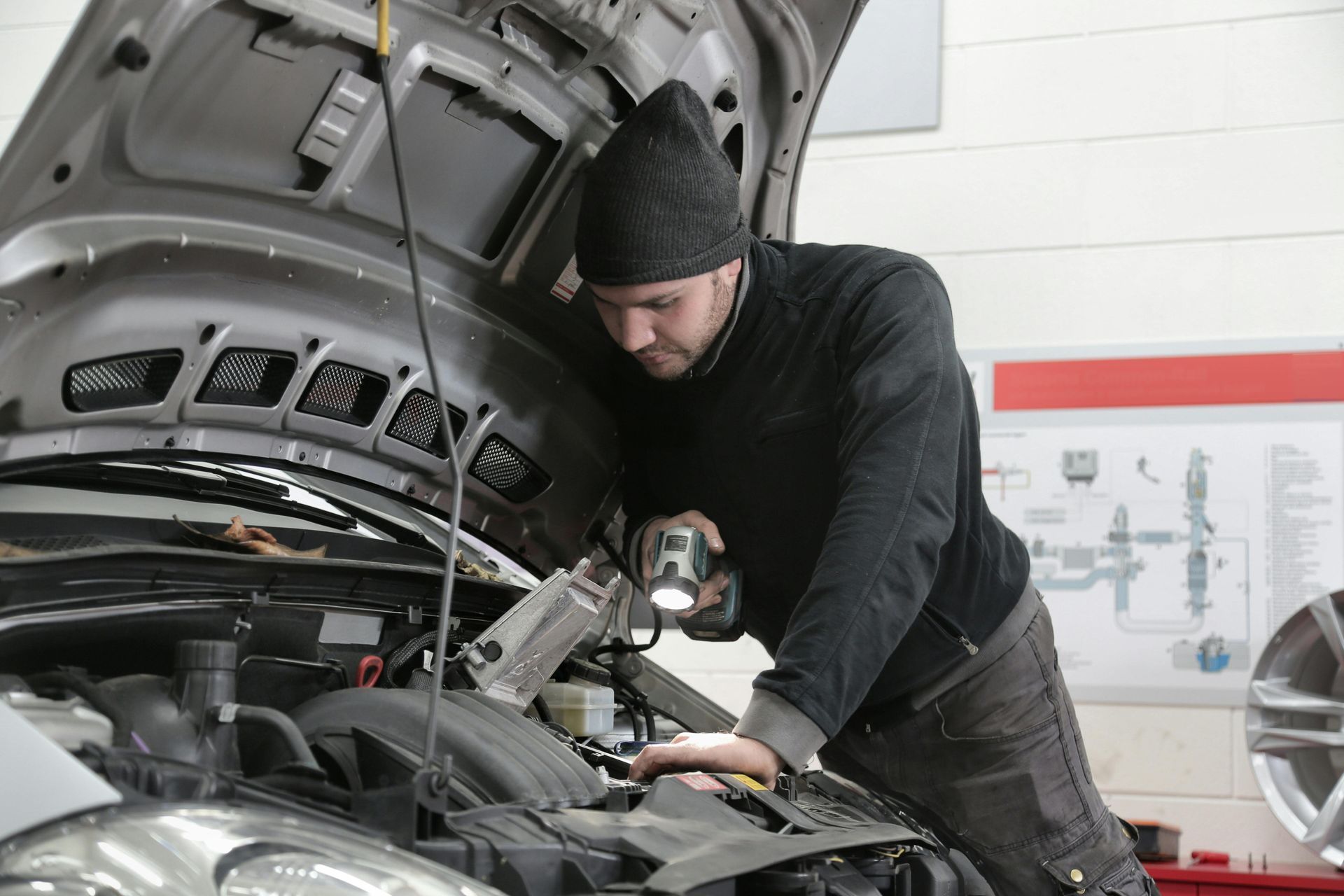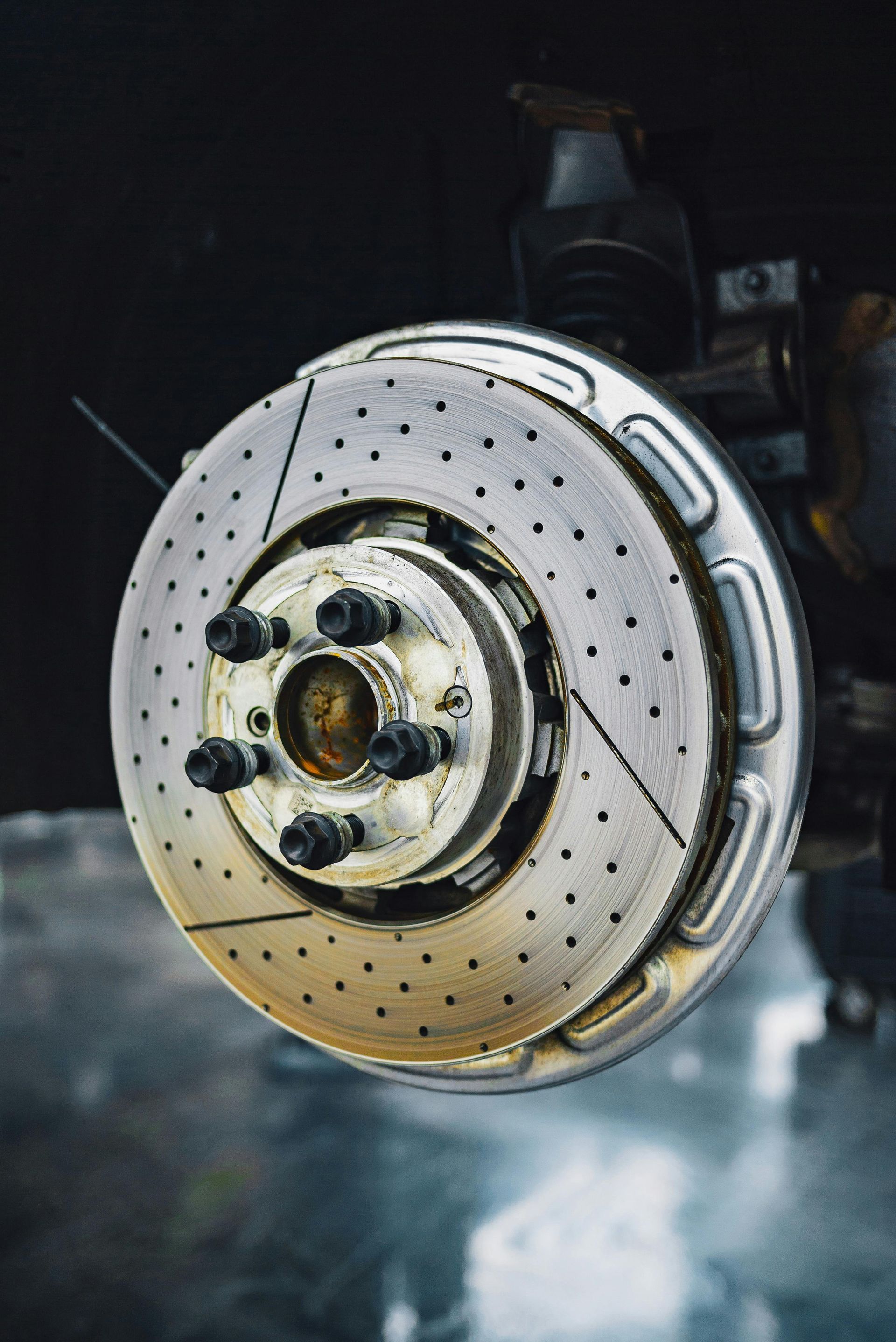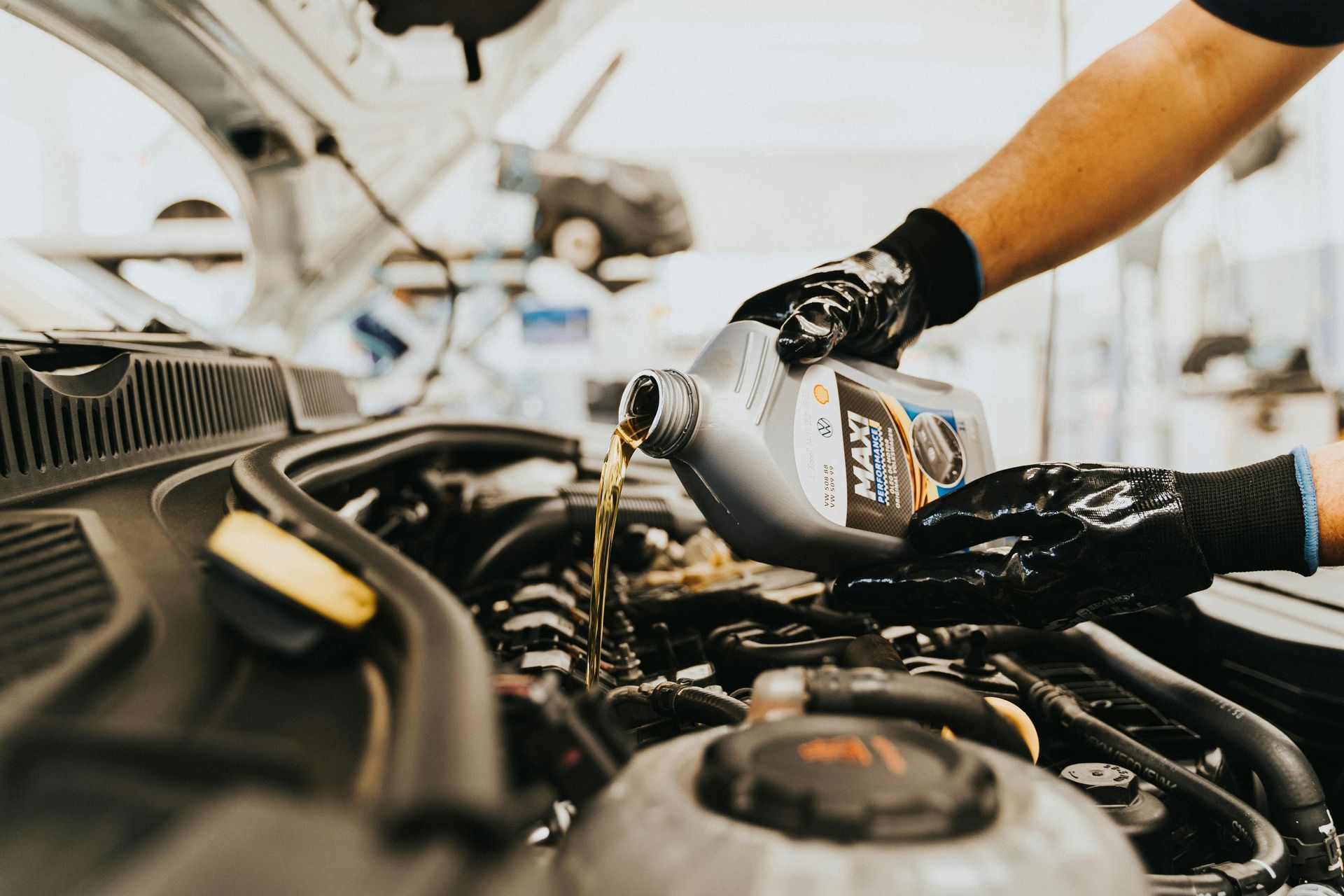What to Expect During a Brake Inspection at The Auto Clinic in Jonesboro, Arkansas
When it comes to vehicle maintenance, one of the most critical components to keep an eye on is the braking system. Regular brake inspections are essential for ensuring the safety and performance of your vehicle. At The Auto Clinic in Jonesboro, Arkansas, we understand the importance of brake maintenance and provide comprehensive brake inspection services to our customers. In this article, we will discuss what to expect during a brake inspection and what it involves.
Why Brake Inspections are Important
The braking system is a complex network of components that work together to slow down and stop your vehicle safely. Over time, the various parts of the braking system, such as brake pads, rotors, and calipers, can wear out and require replacement. Regular brake inspections help identify any issues with the braking system before they escalate into more significant problems, ultimately ensuring the safety of you and your passengers on the road.
Signs You Need a Brake Inspection
Before delving into what to expect during a brake inspection, let’s first look at some common signs that indicate you may need to have your brakes checked:
- Squeaking or grinding noises when applying the brakes
- Vibrations or pulsations in the brake pedal
- The vehicle pulling to one side when braking
- A longer braking distance than usual
- Dashboard warning lights indicating brake system issues
If you notice any of these signs, it is crucial to schedule a brake inspection at The Auto Clinic promptly.
What to Expect During a Brake Inspection
1. Visual Inspection
During a brake inspection at The Auto Clinic in Jonesboro, Arkansas, our certified technicians will start with a visual inspection of the braking system. This includes checking the brake pads, rotors, calipers, brake lines, and brake fluid for any signs of wear or damage.
2. Measurement of Brake Pads and Rotors
Our technicians will measure the thickness of the brake pads and inspect the condition of the rotors. Worn-out brake pads or damaged rotors can affect the performance of your brakes and compromise your safety on the road.
3. Brake Fluid Check
Checking the brake fluid level and condition is an essential part of the brake inspection process. Low brake fluid levels or contaminated fluid can lead to brake failure and should be addressed promptly.
4. Caliper Inspection
The calipers play a crucial role in applying pressure to the brake pads and stopping the vehicle. Our technicians will inspect the calipers for any signs of damage or malfunction during the brake inspection.
5. Brake System Test Drive
After the visual inspection and measurements are complete, our technicians will perform a test drive to assess the overall performance of the braking system. This final step helps ensure that your brakes are functioning correctly and that you can drive safely on the road.
Final Thoughts
Regular brake inspections are a fundamental aspect of vehicle maintenance that should not be overlooked. By knowing what to expect during a brake inspection at The Auto Clinic in Jonesboro, Arkansas, you can stay proactive about your vehicle’s safety and performance. Schedule a brake inspection with us today, and our experienced technicians will ensure that your braking system is in top condition.

